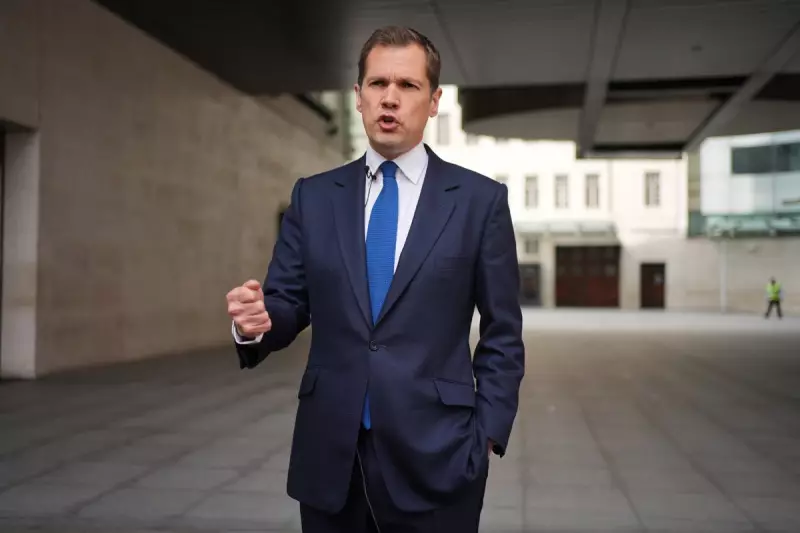
The UK government is poised to entrench its controversial asylum policy by making the Bibby Stockholm barge a permanent fixture in its immigration strategy. The move forms a central pillar of a new, hardline plan spearheaded by Immigration Minister Robert Jenrick aimed at dismantling what he terms 'perverse incentives' for migrants crossing the Channel.
In a bold statement, Jenrick declared the government's intention to fundamentally alter the asylum accommodation model. The new policy is designed to be deliberately 'unattractive', seeking to deter illegal arrivals by ensuring the offer of housing is no more than 'basic' and 'functional'.
Slashing Costs and Curbing 'Pull Factors'
The strategy has a dual focus: deterrence and fiscal responsibility. Ministers argue that the current system, which often houses asylum seekers in hotels, is unsustainable and cripplingly expensive for taxpayers. The shift to vessels and former military sites is framed as a necessary measure to save public funds and reduce the alleged 'pull factors' encouraging dangerous small boat journeys.
Jenrick emphasised this point, stating the government must not "incentivise people to come to the country illegally" by offering what could be perceived as comfortable accommodation. The Bibby Stockholm, which has faced significant criticism and legal challenges over conditions and safety, is set to become a long-term answer to this problem.
A Contentious Solution
The use of the Bibby Stockholm barge has been a lightning rod for controversy since its inception. Human rights groups and campaigners have repeatedly condemned the vessel as inhumane and unsuitable for long-term housing.
Despite the backlash, the government appears to be doubling down. This new policy signals a firm commitment to a less welcoming approach, aligning with Prime Minister Rishi Sunak's pledge to "stop the boats". The announcement is likely to ignite further debate over the UK's treatment of asylum seekers and the ethical boundaries of its immigration enforcement.





